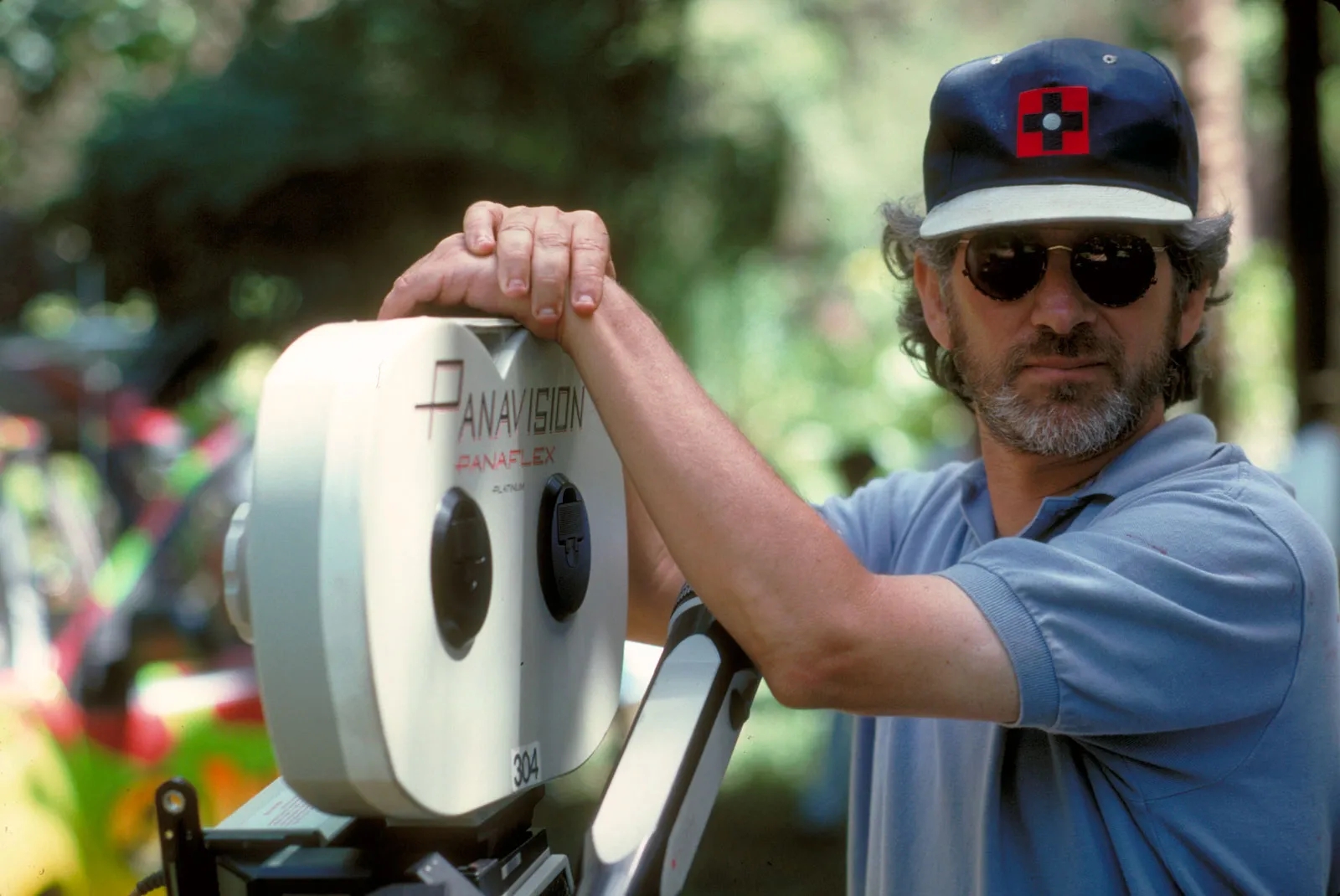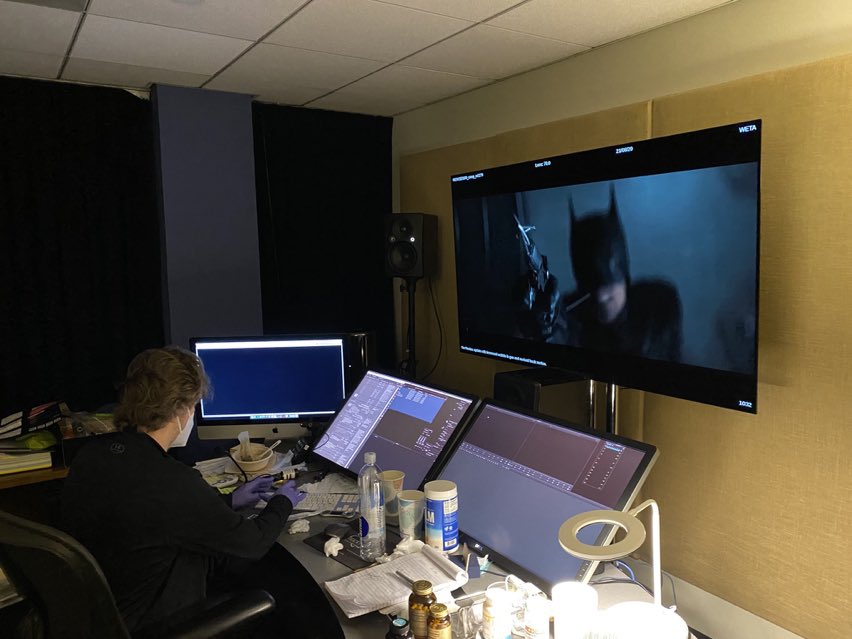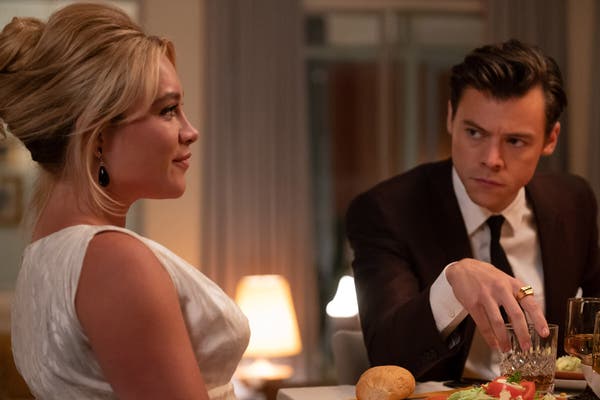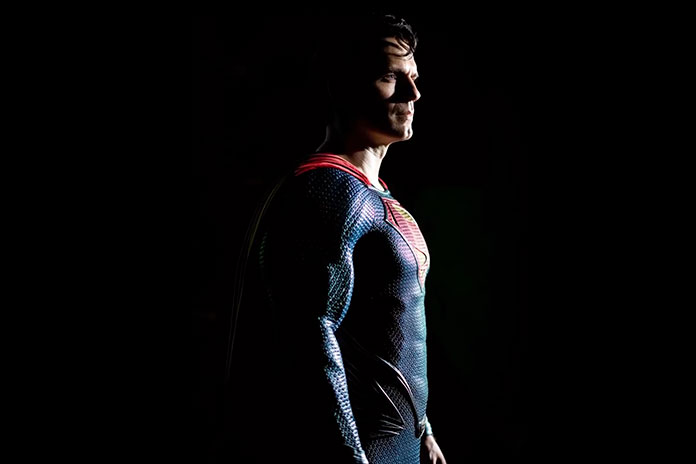Filmmaking is a complex art form that requires a unique set of skills and techniques to bring a story to life on the big screen. A film director is responsible for bringing together all the elements of a movie, including the script, acting, cinematography, and music, to create a cohesive and engaging experience for the audience. In this post, we’ll explore the techniques and styles of some of the most famous and influential film directors in history.
- Alfred Hitchcock
Alfred Hitchcock is one of the most renowned directors in film history, known for his mastery of suspense and his innovative use of camera angles and editing. He often used techniques like the “Hitchcock zoom,” where the camera zooms in on a subject while simultaneously moving away from it, to create a sense of unease and tension. His movies, such as “Psycho” and “Vertigo,” are still regarded as some of the greatest films ever made.
- Steven Spielberg
Steven Spielberg is a director known for his ability to blend action, drama, and storytelling in his films. He often uses long takes and sweeping camera movements to capture the grand scale of his movies, such as “Jurassic Park” and “Saving Private Ryan.” He’s also known for his use of visual effects, which have helped to define the look and feel of many modern blockbusters.
- Martin Scorsese
Martin Scorsese is a director known for his gritty, realistic approach to storytelling. He often uses a combination of tracking shots, close-ups, and jump cuts to create a sense of urgency and immediacy in his films, such as “Goodfellas” and “The Departed.” He’s also known for his use of music, often using popular songs to set the tone and mood of his films.
- Quentin Tarantino
Quentin Tarantino is a director known for his unconventional storytelling and his love of pop culture references. He often uses non-linear narratives and unexpected plot twists to keep the audience engaged, as seen in films like “Pulp Fiction” and “Kill Bill.” He’s also known for his use of dialogue, which is often witty and sharply written.
- Akira Kurosawa
Akira Kurosawa is a director known for his epic historical dramas and his masterful use of composition and framing. He often used the “one-point perspective,” where the camera is placed at the end of a long, straight road or hallway, to create a sense of depth and scale in his films, such as “Seven Samurai” and “Ran.” He’s also known for his use of color, often using bold and striking hues to convey emotion and mood.
In conclusion, the art of filmmaking is a complex and multifaceted craft that requires a unique set of skills and techniques to bring a story to life. These five famous directors have each left their mark on the industry, and their techniques and styles continue to inspire and influence filmmakers today. Whether it’s Alfred Hitchcock’s use of suspense, Steven Spielberg’s mastery of action, or Akira Kurosawa’s epic historical dramas, there’s always something to learn and appreciate from the masters of the craft.













